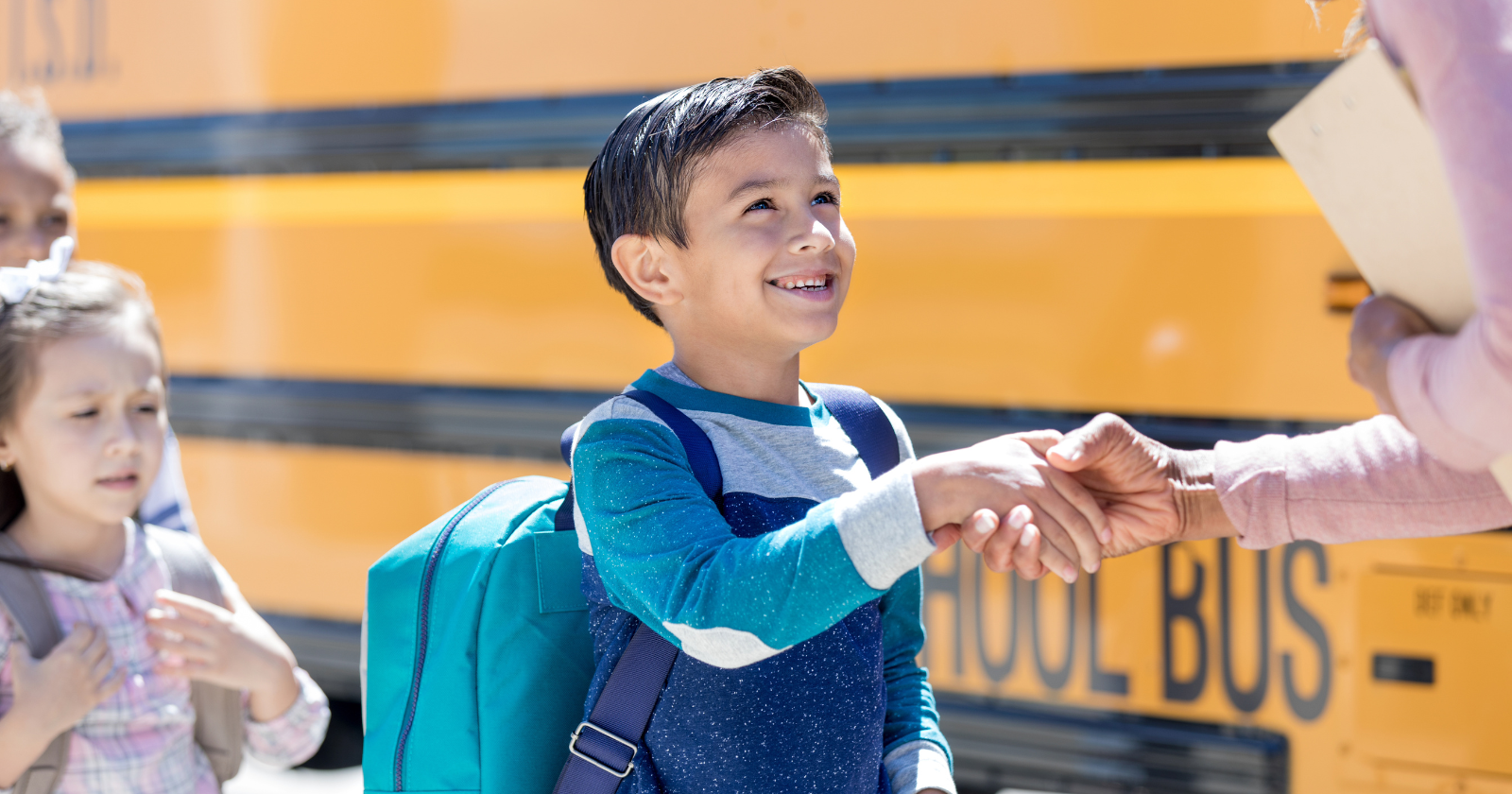Let’s be honest, parenting doesn’t come with gold stars.
There’s no official scoreboard telling you you’re doing it right.
Most of the time, you’re just trying to keep your cool in the middle of the supermarket while your child negotiates why they need another pack of cookies.
But every now and then, you catch a glimpse of something that makes you pause.
Your child says thank you without being told. They help another kid who dropped their ice cream. They speak kindly to an elderly neighbor.
And in that moment, you realize… maybe you’re doing better than you think.
Here are 10 small but powerful things your kids might do in public that reveal you’ve raised them with emotional intelligence, empathy, and solid values.
1. They say “please” and “thank you” without being reminded
Politeness isn’t about formality. It’s about awareness.
When a child naturally uses manners, it shows they’ve internalized respect. They’re not doing it to impress others. They’re doing it because it feels right.
It means they’ve observed how you treat people and mirrored that behavior.
Children who say “please” and “thank you” instinctively understand that kindness is a two-way exchange, not a performance.
Related Stories from The Artful Parent
And that’s something no rulebook can teach.
2. They treat service workers with respect
Watch how your child interacts with waiters, cleaners, or cashiers.
That says more about their character than how they act around their friends.
If they look people in the eye, speak respectfully, and use a friendly tone, it means they’ve learned that every person deserves dignity, regardless of their job or status.
I remember once sitting at a café when a little boy thanked the waiter for bringing his juice. His mum didn’t even prompt him. She just smiled quietly.
That’s when you know you’re raising a good human.
- My adult children didn’t respect me until I said goodbye to these 7 habits - Global English Editing
- When sharing your content actually makes business sense: Creative Commons in 2026 - The Blog Herald
- Psychology says people who push their chair back in when they leave a table usually display these 8 unique traits - Global English Editing
3. They apologize when they’re wrong
Apologies are hard, even for adults.
So when a child says sorry sincerely, it shows emotional maturity beyond their years.
It means they’ve learned accountability, not shame.
They’ve seen you admit when you’re wrong. They’ve seen you repair relationships instead of avoiding them.
Children who can own their mistakes grow into adults who take responsibility rather than make excuses.
That’s powerful.
4. They include others who are left out
If your child spots another kid sitting alone and invites them to play, pause for a second and take that in.
That’s compassion in action.
They’re showing social awareness, empathy, and courage. Because let’s face it, kids don’t always find it easy to go against the crowd.
When they choose inclusion over popularity, it means they value people for who they are, not what they offer.
And that reflects something they’ve learned at home: kindness is not optional.
5. They don’t interrupt when someone else is talking
Listening is one of the most underrated social skills.
If your child waits their turn, looks at the person speaking, and genuinely listens, it means they understand respect.
They’ve seen it modeled.
Children learn emotional regulation from watching you handle conversations.
If you’ve shown them that everyone deserves a voice, you’ve planted one of the deepest seeds of emotional intelligence there is.
6. They show gratitude for simple things
Kids who say “that was fun” after a day at the park or “thank you for dinner” after a meal have something special.
They’re not constantly chasing the next shiny thing.
They’re present.
Gratitude doesn’t come from having everything. It comes from noticing what’s already there.
And that perspective will carry them far beyond childhood.
7. They respect other people’s boundaries
This one might sound small, but it’s huge.
When your child asks before hugging someone or accepts a “no” without fuss, that’s emotional intelligence in motion.
They’ve learned consent, respect, and empathy — the foundation of healthy relationships.
In my experience, kids who grow up in emotionally aware homes pick up on these cues naturally. They understand that other people’s comfort matters as much as their own.
And that’s something even many adults still struggle with.
8. They stay calm when things don’t go their way
Every parent has been there — the meltdown over the wrong color cup or the toy that broke.
But when your child starts managing disappointment without shouting or sulking, that’s progress.
Emotional regulation takes practice.
If they can take a deep breath, talk about their feelings, or walk away to cool down, it’s proof you’ve created a safe environment for emotions to exist.
You’ve taught them that feelings aren’t dangerous — they’re just signals.
And children who learn that grow into resilient, grounded adults.
9. They speak up for what’s right
If your child calls out unfairness — even something small like someone being picked on — that’s courage in its purest form.
They’ve learned that kindness isn’t passive. It’s active.
They’re not afraid to use their voice, even when it’s uncomfortable.
You’ve shown them that standing up for others matters more than fitting in.
That’s a lesson that stays for life.
10. They show respect even when no one’s watching
This one is the real test of character.
Because anyone can be polite when adults are around.
But when your child behaves with integrity even when they think no one sees, that’s a reflection of their inner compass.
It means you’ve raised them to do the right thing because it’s right — not because they’ll be rewarded or praised.
And that’s the kind of foundation that lasts a lifetime.
Final thoughts
Raising emotionally intelligent, kind, and aware children isn’t about perfection.
It’s about modeling the behavior you want to see.
When you treat people with respect, own your mistakes, and live with integrity, your kids absorb that.
They watch how you speak to others. They feel how you handle stress. They learn more from your actions than from any lecture.
So the next time your child does something good in public — something small but meaningful — let yourself feel proud.
You didn’t just raise a polite kid.
You raised a human who understands what it means to be decent in a world that often forgets how.
And that’s worth more than any parenting award.



